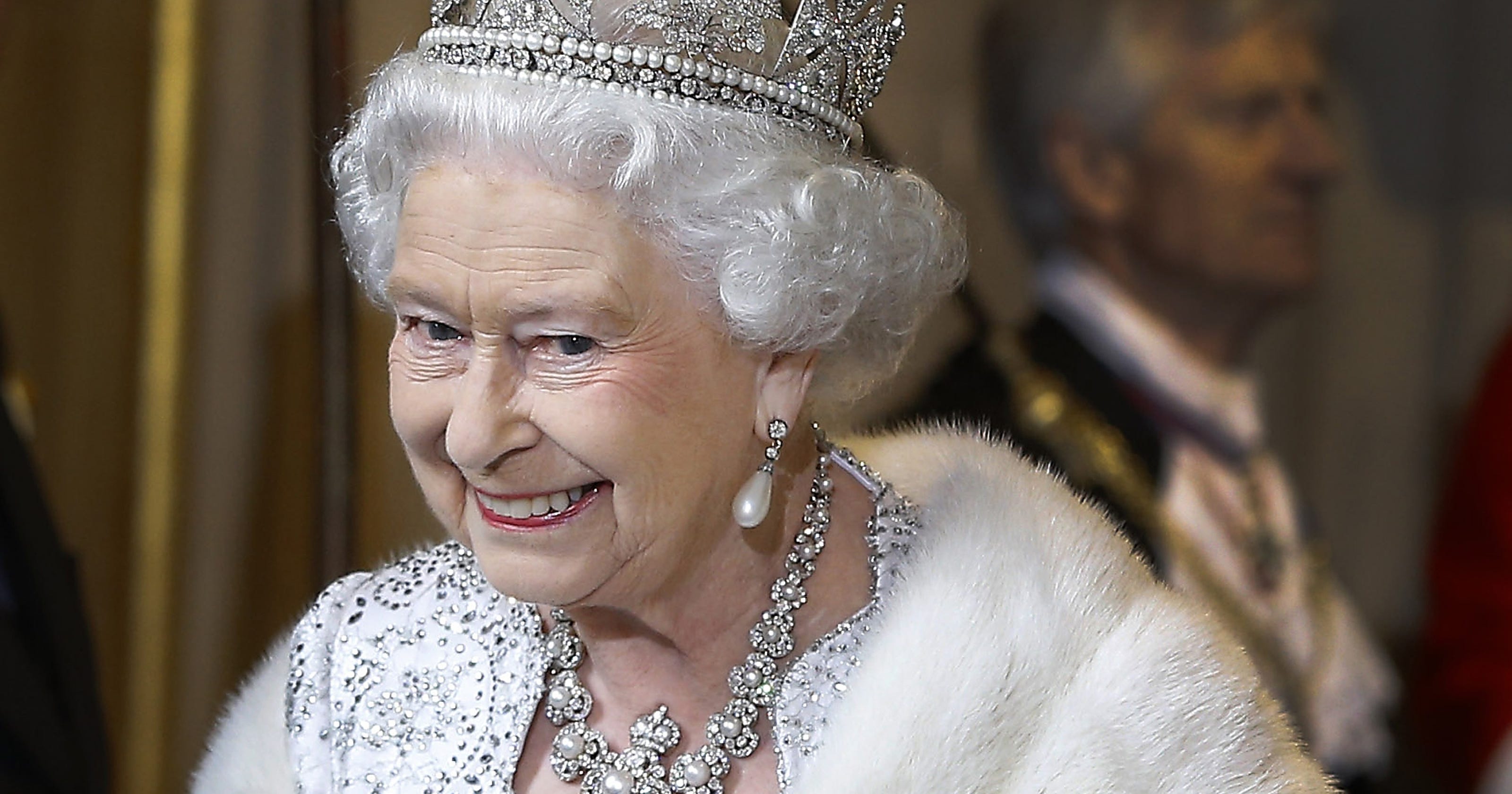Elizabeth Hinton: Unearthing The Roots Of America's Carceral State
Table of Contents
- Who is Elizabeth Hinton? A Leading Voice in American History
- Deciphering the Carceral State: From War on Poverty to War on Crime
- America on Fire: Reconsidering Racial Unrest and Police Violence
- The Intertwined Threads: Poverty, Inequality, and Urban Violence
- A Scholar's Methodology: Archival Depth and Critical Insight
- Beyond Academia: Impact and Advocacy
- Elizabeth Hinton's Enduring Legacy and Future Directions
Who is Elizabeth Hinton? A Leading Voice in American History
Elizabeth Hinton is not merely a chronicler of events; she is an interpreter of systems, a scholar whose work compels us to look beyond surface-level explanations for profound societal issues. Her academic journey and professional affiliations underscore her expertise and authority in a field that demands both rigorous historical analysis and a deep understanding of legal and social structures. She stands as a preeminent figure in the study of 20th-century U.S. politics, particularly concerning the evolution of criminal justice and its disproportionate impact on marginalized communities. Her unique interdisciplinary approach, combining history with law and African American studies, allows her to weave together complex narratives that illuminate the origins of contemporary challenges. This holistic perspective is crucial for anyone seeking to understand the enduring legacies of past policies on present-day realities.Biography and Academic Journey
Elizabeth Hinton's academic trajectory reflects a profound commitment to understanding the historical roots of racial inequality and criminalization in the United States. She began her distinguished career as an assistant professor at Harvard University, where her early research laid the groundwork for her later, more expansive works. At Harvard, she focused on the origins and impacts of the War on Crime, a pivotal area of study that would become central to her scholarly contributions. Her dedication to uncovering the intricate layers of this history was recognized early on, leading to her being named a 2018 Carnegie Fellow, an honor bestowed upon scholars tackling significant challenges facing society. Later, Elizabeth Hinton transitioned to Yale University, where she currently holds multiple prestigious appointments. She is a professor in the Department of History and the Department of African American Studies, with a significant secondary appointment as a professor of law at Yale Law School. This unique cross-disciplinary positioning allows her to bring a multifaceted lens to her research, integrating historical context, legal frameworks, and the lived experiences of African Americans. Her move to Yale further solidified her standing as a leading expert in the history of criminalization and mass incarceration, enabling her to continue her vital work on the persistence of poverty, racial inequality, and urban violence in the 20th-century United States. Her academic journey exemplifies a relentless pursuit of knowledge aimed at revealing uncomfortable truths and fostering a deeper understanding of America's past.Personal and Professional Data
| Attribute | DetailDeciphering the Carceral State: From War on Poverty to War on Crime
One of the most profound contributions of Elizabeth Hinton's scholarship is her meticulous tracing of the origins and evolution of what she terms the "carceral state." This concept is central to her work, revealing how federal policies, ostensibly designed to address social issues, inadvertently or directly laid the foundations for mass incarceration in America. Her research demonstrates that the dramatic expansion of the U.S. penal system was not simply an organic response to rising crime
Elizabeth II - Simple English Wikipedia, the free encyclopedia

Elizabeth II | Biography, Family, Reign, & Facts | Britannica

Queen Elizabeth II attends the opening of Parliament